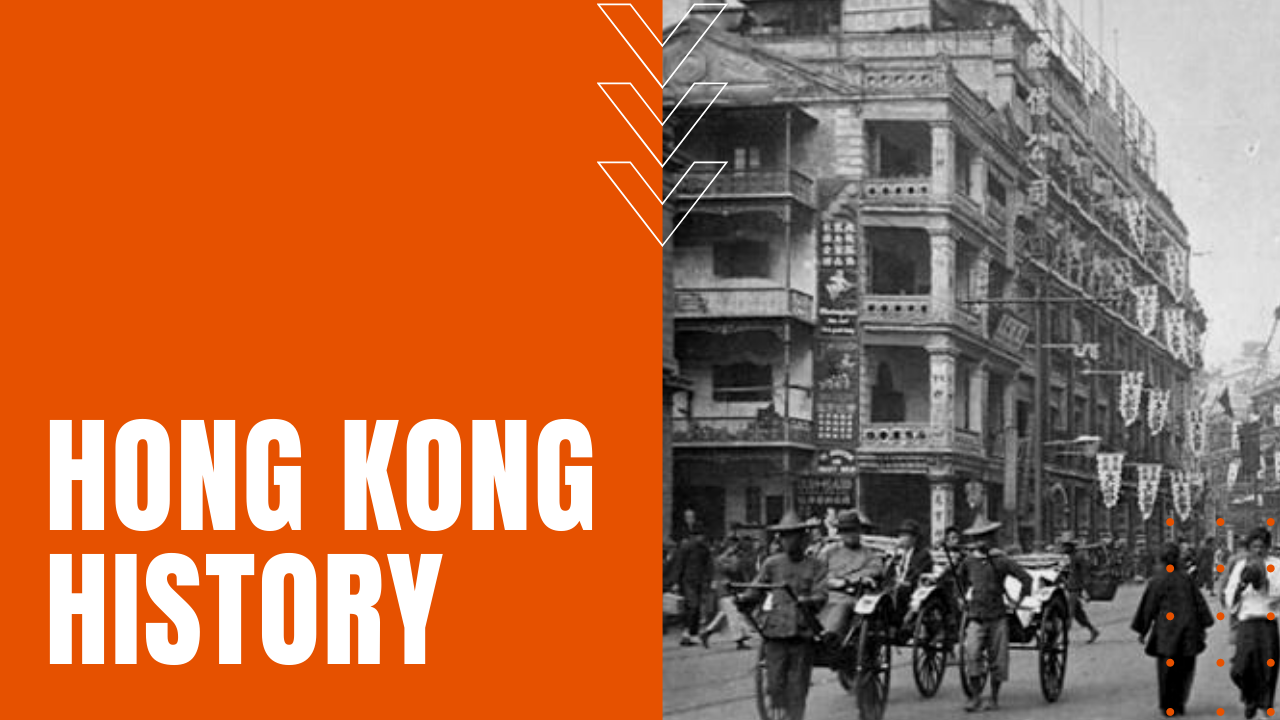Hong Kong History: Britain’s 99-Year Lease and Repatriation to China

Inhabited since the Old Stone Age, the island of Hong Kong started out as a fishing village with a nearby salt mine, before joining the Chinese Empire during the Qin Dynasty.
Treaty of Nanjing
By the 19th century, Hong Kong had become an important free port conduit for Chinese Mainland commerce, until the Qing Dynasty ceded the island to the British Empire after China’s defeat in the First Opium War, which ended in 1842 with the signing of the Treaty of Nanjing. The Chinese mainland city of Kowloon—known as the Walled City—would also cede to Great Britain after China’s further defeat in the Second Opium War, while leasing the New Territories to Britain in 1898 on a 99-year lease.
After Japan occupied Hong Kong from 1941 to 1945, the three geographies that make up greater Hong Kong were returned to the British following Japan’s defeat in the Second World War. Mainland Chinese refugees exploded Hong Kong’s population during the Korean War and Chairman Mao’s Great Leap Forward campaign of 1958 to 1962, and after Hong Kong’s manufacturing base moved to Mainland China following the Opening of China in 1978, Hong Kong soon grew into one of the largest banking and financial hubs in the world.
Hong Kong’s Repatriation to China
In 1984, after British Prime Minister Margaret Thatcher signed a Sino-British Joint Declaration detailing the repatriation of Hong Kong to China, on July the 1st, 1997, the British officially ceded the region back to the People’s Republic of China.
Since the handover, Hong Kong has continued to enjoy success as a major financial center, however, civil unrest over China’s increasingly heavy-handed repression of Hong Kong’s long-held democratic rights came to a head during the Hong Kong Umbrella Movement of 2014. Even more recently, in 2020, the National People’s Congress of the People’s Republic of China passed a national security law that further repressed Hong Kong’s democratic rights and freedom of speech long enjoyed by Hong Kong residents, making Hong Kong an ongoing battleground between Communism and the democratic rights of man.
